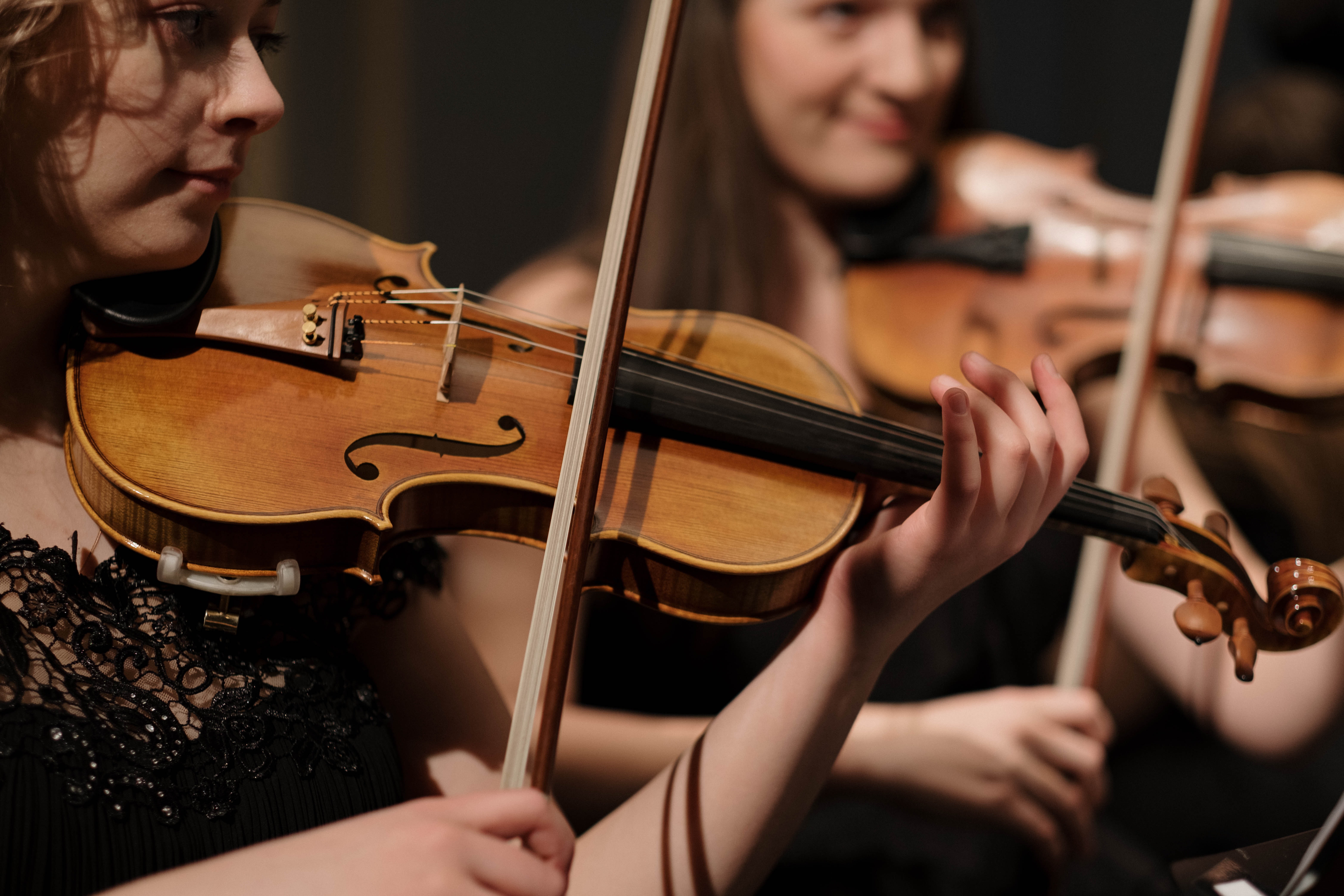Things to know about violins before you start taking violin lessons
Learning the violin requires a lot of commitment and dedication. Whether it is for kids or younger ones, learning takes a lot of patience and seriousness. Undeniably, learning any string instrument is hard, but when it comes to the violin, it gets even harder because it is one of the hardest string instruments available on the market. So whether it is for the little ones or for adults, there is a need to keep practical expectations in mind. If you are thinking that you will be able to learn violin in a matter of a few months, it is a wrong notion. Make sure that you take part in violin lessons in Singapore to learn and improve.
In this blog, we will take a look into the most common challenges faced by adults and kids when it comes to learning violin. There will be times when you will face a lot of issues and feel like giving up, but it is important that you keep going. Make sure that you pay attention to the violin lessons in Singapore provided by the music institution and all the instructions provided by your teacher. Even when the journey is very hard, with a learned and qualified teacher, the journey becomes a lot easier. So here we will take a look into some of the most common things that you need to face when learning this instrument.
Challenges to Overcome While Learning Violin
1. Posture and Hold
One of the primary challenges faced by many beginners is mastering the correct posture and hold. The violin, unlike other instruments, doesn't rest on a stand or sit in your lap. You must support it between your chin and shoulders. Taking violin lessons in Singapore or from anywhere else, the teacher emphasizes the importance of proper posture because it directly impacts your sound quality and prevents physical strain.
2. Tuning the Violin
A violin is not like a piano, where the tuning is stable for a long time. Due to changes in humidity, temperature, or even slight knocks, your violin might go out of tune. Regular tuning, sometimes multiple times within a practice session, becomes essential. Many violin lessons in Singapore include tuning guidance right from the beginner level to ensure a student understands its importance.
3. Reading Sheet Music
For a newbie, understanding the language of sheet music might seem like learning a difficult script. Every note, symbol, and mark carries meaning, and interpreting them correctly is vital. It can be overwhelming initially, but with consistent practice during your violin lessons in Singapore, it will become second nature.
4. Developing Ear Training
Playing the violin isn’t just about putting fingers on the right spots and drawing the bow across the strings. It requires keen listening skills. Training your ear helps in tuning the violin, identifying mistakes, and playing in tune. This is one of the aspects heavily emphasized in violin lessons in Singapore, given its importance in mastering the instrument.
5. Bowing Technique
Drawing the bow across the strings might look straightforward, but it’s an art that needs knowledge. The pressure, speed, and angle of the bow determine the tone you produce. A bow that's too heavy or too light can produce unpleasant sounds. Perfecting the bowing technique often takes years of dedicated practice and guidance, which is why consistent feedback from instructors during violin lessons in Singapore is invaluable.
6. Building Finger Strength and Flexibility
The violin requires precise finger placement to produce accurate notes. Over time, you need to develop both strength and flexibility in your fingers. This can be challenging, especially for younger players, but consistent practice and finger exercises introduced in violin lessons in Singapore can make this easier.
7. Overcoming Performance Anxiety
Many violinists, beginners and seasoned players alike, experience performance anxiety. Stepping in front of an audience can be nerve-wracking. However, the more you perform, the more comfortable you will become. Participating in recitals or group performances, often organized as part of violin lessons in Singapore, can be a great way to build confidence.
8. Managing Time and Consistency
Like learning any new skill, consistency is key when it comes to mastering the violin. Balancing school, work, and other commitments with practice sessions can be tough. Setting aside dedicated time each day, even if it's just for 20 minutes, can lead to substantial progress over time.
9. Setting Realistic Expectations
While some might expect to play like a maestro within a few months, it's essential to understand that mastering the violin is a journey. Celebrate small victories, be patient, and seek continuous guidance through violin lessons in Singapore to set and achieve realistic milestones.

Conclusion
Navigating the world of the violin can be challenging, but it's also immensely rewarding. Each challenge you face and overcome only adds to the depth and beauty of your musical journey. For those seeking top-notch guidance, Stradivari Strings offers expert violin lessons in Singapore, ensuring that every student gets the best foundation and ongoing support to shine in their musical endeavors. With dedication and the right guidance, the melodious world of the violin awaits you.
